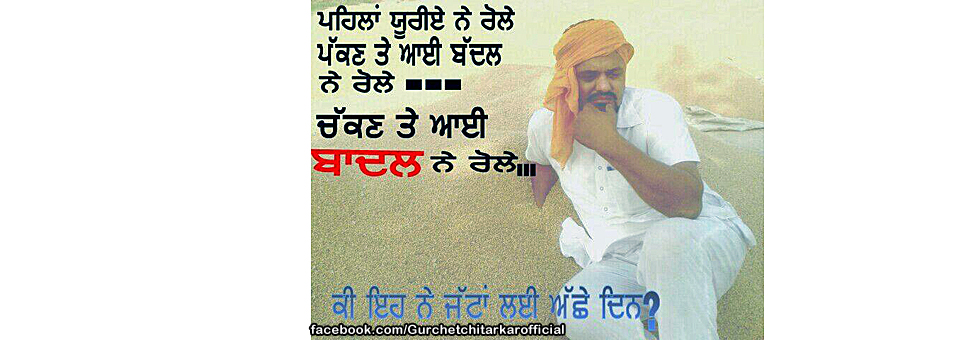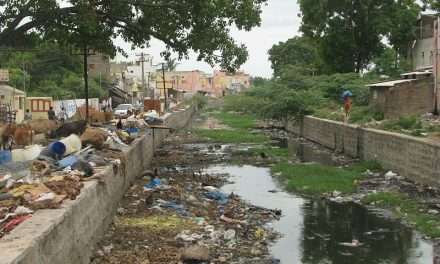I’m the youngest of many daughters in a Sikh family. I have one brother born a few years before me. I have been raised to believe by relatives and my culture that I am the least important of my parents’ children. No one ever said outright, “we were trying for another son but you came along“. Nonetheless, this is the message I implicitly received from others. The damage done to my psyche by our culture’s sexism is irreparable. While I spent the majority of my life justifying the actions of my family as an unfortunate and unavoidable byproduct of pind values, transplanted to America, I now recognise and denounce these values for what they are – immoral and against nature.
Some people say that their parents are “educated” and not sexist. To those people, I’m glad you feel that way, but truthfully, it’s not the story of most.
Other youngsters seem so overwhelmingly grateful for the sacrifices their elders made that they can’t even muster the courage to say one negative statement against their parents. To these youth I’d say, I understand, but this is a separate issue that has little to do with immigration struggles or hard work. The reality is that many Punjabi women are taught that their existence isn’t as valuable as their brother’s life. We are inculcated from a young age to work twice as hard as our brothers to curry only half the favour from our parents and relatives. And then one day when we get married, it’s assumed that we will go to the home we really belong to, with our in-laws and husband.
The legacy of male preference has ramifications in second and third generation Punjabis born in the Diaspora as well. It mixes with the already prevalent sexism in Western culture to create an even scarier multi-headed beast. When sons are favoured and offered the family’s best resources such as unlimited funds, houses, cars, positive praise and unconditional love — they grow up to be more confident and self-assured in their ways. Daughters – even second generation ones – continually question their self-worth so that in general, a Punjabi female will deal with issues like depression at a higher rate than Punjabi men (Bhadra, 2012).
There is a certain class of Punjabis who will deny that any of this is true for themselves or the people they know. And it may be true that there are parents out there who treat their boys and girls equally. But as stated before, the vast majority of families are not so egalitarian. A recent article in the Toronto Star showed that for every 100 girls, Indian-born mothers give birth to 138 boys. Considering that most “Indians” in Canada are Punjabi, this is further evidence that son-preference has been carried over to the Diaspora. Now imagine you are a little girl in one of the families who would have rather had a boy; how do you think your life as a second generation Punjabi Canadian would go? Carrying the knowledge in the back of your mind that you weren’t first choice is traumatising.
If we want our daughters to be the best they can be, Punjabis have to address sexism straightforwardly. We cannot ignore it. Change will occur slowly but here are a few suggestions:
1) Let’s start by refusing to cry at our daughter’s weddings and doing away with the doli ceremony. Why do we celebrate a son or brother’s wedding but weep like someone died when our daughters tie the knot? It’s wrong.
2) If you’re thinking about having kids some day tell everyone you’re hoping to have only daughters. This opens the often-ignored dialogue in families about male preference. When people ask why you want daughters only, you can say you’re doing your part to balance the skewed male to female birth ratio in the Punjabi community.
3) If you’re a son and your parents favoured you in any monetary way, donate all your sexist proceeds to the Punjabi women in your life (it will barely dent the spiritual deficits in self-worth most of us are dealing with, but it’ll at least show her you care).
If you’re a daughter and your parents loved you just a little tiny bit less because of it, know that you’re not alone. This problem is widespread, real, and by acknowledging it today in our lives we’re taking the first step in changing for the better.





